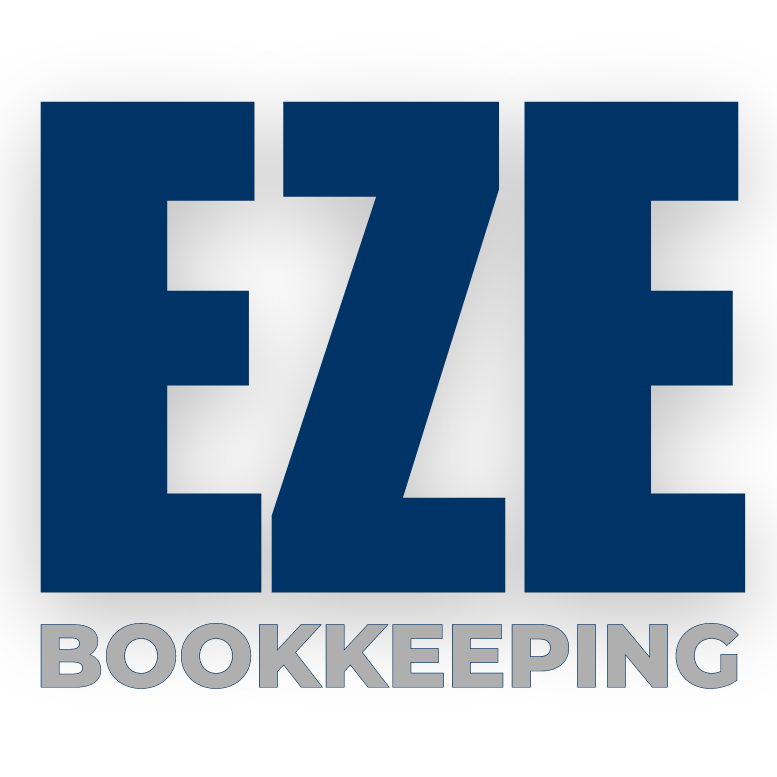The Ultimate Guide to Bookkeeping for Freelancers and Entrepreneurs
As a freelancer or entrepreneur, you’re constantly hustling—winning clients, delivering projects, and building your brand. With so much to handle, it’s easy for bookkeeping to fall by the wayside. But here’s the thing: without organized finances, your business can’t thrive.
Whether you’re just starting out or you’ve been freelancing for years, mastering the basics of bookkeeping is essential to your long-term success. In this guide, we’ll walk you through the essential bookkeeping practices that every freelancer and entrepreneur should follow.
Why Bookkeeping Matters for Freelancers and Entrepreneurs
Freelancers and entrepreneurs often manage everything themselves—from marketing to client relations. While this can save costs upfront, DIY bookkeeping can lead to costly mistakes, from missed deductions to inaccurate tax filings.
Here’s why good bookkeeping is so important:
- Financial Clarity: You need a clear understanding of your income and expenses to make informed decisions. Without organized financial records, it’s impossible to know how well your business is performing.
- Tax Compliance: Freelancers are responsible for handling their own taxes. This includes tracking deductible expenses, filing quarterly taxes, and ensuring compliance with tax regulations. Failing to do so can result in hefty fines.
- Budgeting and Growth: Proper bookkeeping allows you to forecast future income, budget for upcoming expenses, and reinvest in your business’s growth.
- Professionalism: When your finances are in order, you can confidently send invoices, follow up on unpaid bills, and track your cash flow—improving your overall business operations and client relationships.
Bookkeeping Tips Every Freelancer and Entrepreneur Should Follow
- Separate Personal and Business Finances
One of the biggest mistakes freelancers make is mixing personal and business expenses. This can lead to confusion when tax season rolls around, and you could miss out on important deductions. Set up a dedicated business bank account and credit card to keep your finances separate.
- Track Every Expense
As a freelancer, your expenses are your lifeline to tax deductions. Whether it's a new laptop, travel for business, or software subscriptions, make sure you track every penny spent on business-related activities. Keeping a detailed record ensures you don’t miss any deductions and helps you manage your cash flow.
Pro Tip: Use accounting software or apps designed for freelancers that allow you to easily track expenses on the go.
- Stay on Top of Invoicing
Getting paid is the most important part of running your business! But if you’re not organized with invoicing, it’s easy for payments to slip through the cracks. Always send invoices promptly, and follow up on overdue payments. Consistent invoicing practices ensure you maintain steady cash flow.
- Set Aside Money for Taxes
Unlike traditional employees, freelancers don’t have taxes withheld from their income. You’ll need to set aside a portion of your earnings—typically around 25-30%—to cover quarterly tax payments. This can prevent a financial scramble when tax deadlines roll around.
- Hire a Professional Bookkeeper
As your business grows, bookkeeping becomes more complex. That’s when a professional can save you time and money. Bookkeepers can help you track expenses, organize receipts, prepare financial statements, and ensure compliance with tax laws. By outsourcing your bookkeeping, you can focus on building your business without worrying about your finances falling behind.
Let EZE Bookkeeping Help You Manage Your Freelance Finances
At EZE Bookkeeping, we specialize in helping freelancers and entrepreneurs stay financially organized and compliant. We understand the unique challenges you face and can tailor our services to meet your needs—whether it’s managing expenses, filing taxes, or simply giving you a clear picture of your financial health.
With professional bookkeeping support, you can free up more time to focus on growing your business.
